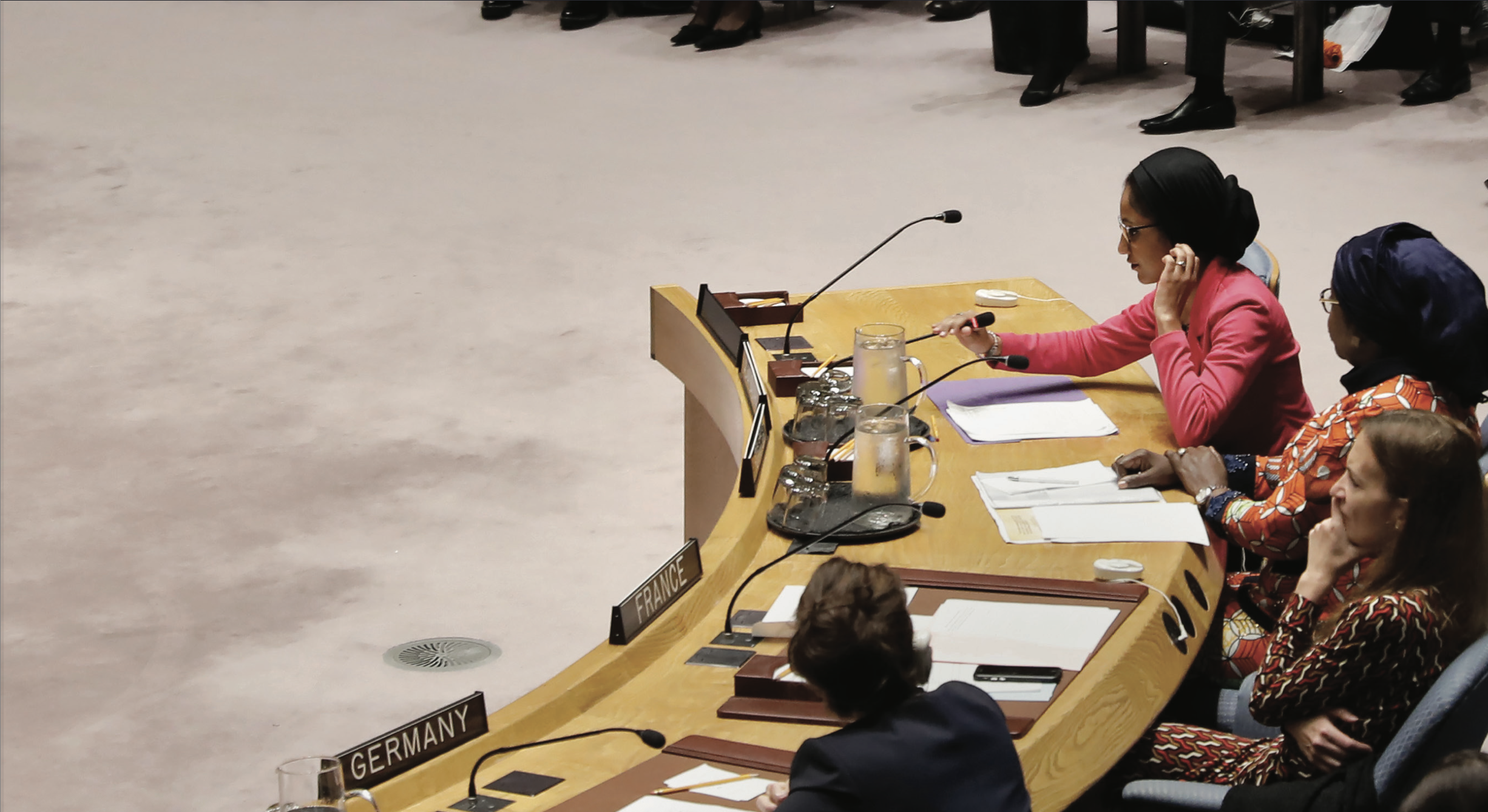The Remaking of the Multilateral Order: Women Diplomats at the UN
Together with Karen E. Smith (London School of Economics and Political Science) and supported by the LSE-NYU Research Seed Fund.
Credit: Women in Diplomacy Project Report / LSE
After a long era of globalization and multilateral cooperation, the world, not least since Donald J. Trump’s second term as US president, has entered a phase of deep transformation. The resurgence of geopolitical tensions, protectionist trade policies, unilateral national actions, withdrawals from international treaties, and military invasions, along with a rise in populism, strongman leadership styles, and hypermasculine approaches in international relations, has considerably weakened both the core principles and the practical effectiveness of the multilateral system.
This research project investigates how these major shifts in multilateralism, combined with a populist and anti-gender backlash and the current prevalence of hypermasculine politics, impact the agency and diplomatic roles of women in multilateral organizations, specifically within the United Nations. In 2024, women constituted only 21% of permanent representatives to the UN General Assembly (GWL Voices 2025).
Existing research indicates that women diplomats are generally less likely to attain powerful and high-status roles such as Permanent Representative to the UN in New York, but may be appointed to leadership positions during times of crisis or significant upheaval (a phenomenon known as the ‘glass cliff’), which increases their risk of failure and often limits their time in these roles.
In light of the current transformative period in multilateralism, we aim to understand the patterns of women’s diplomatic representation at the UN. Does the declining authority of international organizations or the urgency of the multilateral crisis lead to the appointment of more or fewer women to the UN, as permanent or deputy permanent representatives (equivalent to ambassadors and deputy ambassadors)? What regional and country-specific similarities and differences can be observed? Are there differences in patterns of women’s diplomatic assignments at the various UN headquarters (New York, Geneva, Nairobi, Vienna)? Do countries with populist and/or right-wing leaders send more or fewer women diplomats to the UN? Do countries with a woman president, prime minister, or foreign minister send more women diplomats to the UN? What changes can we observe over time?
To answer these questions empirically, this project aims to compile a comprehensive dataset of all appointments of women permanent representatives and deputy permanent representatives to the UN in New York, UN Geneva, UN Nairobi, and UN Vienna between 1995 (the year of the final World Conference on Women) and 2025, including sociodemographic and government information. We will then conduct expert interviews with a number of women currently serving in those positions in all four UN sites to explore how they view their appointment amidst a rapidly changing world order.
Credit: LSE Foreign Policy Think Tank IDEAS!

